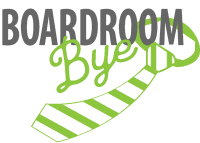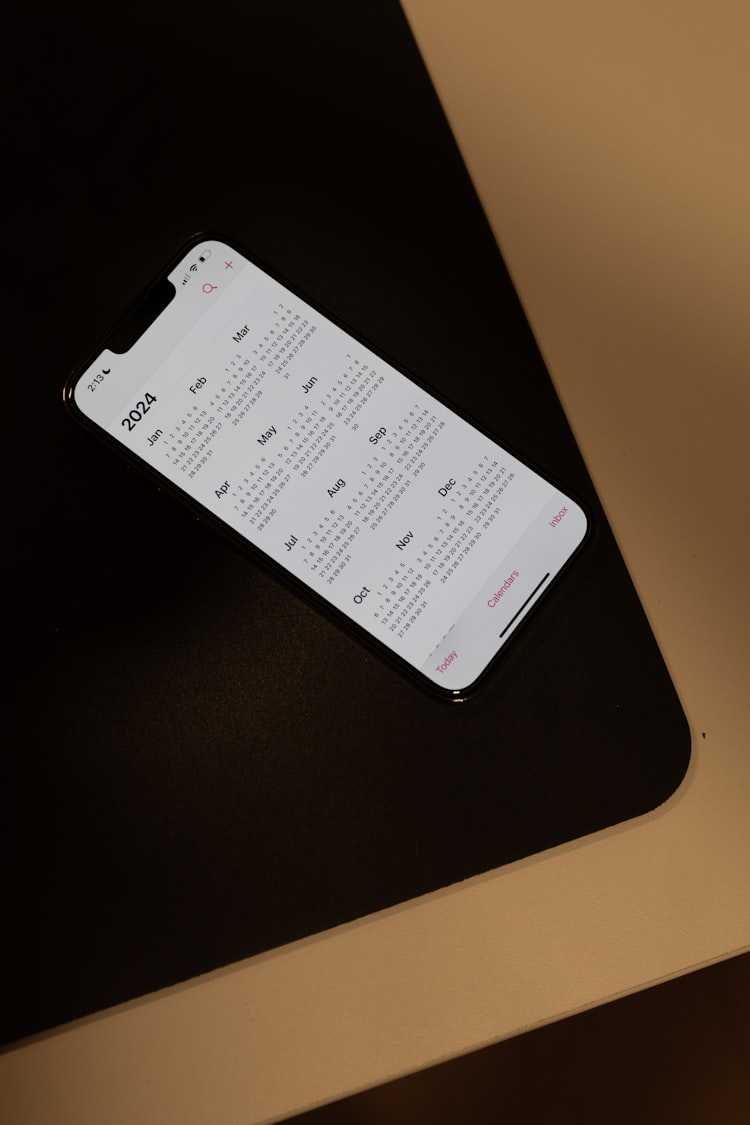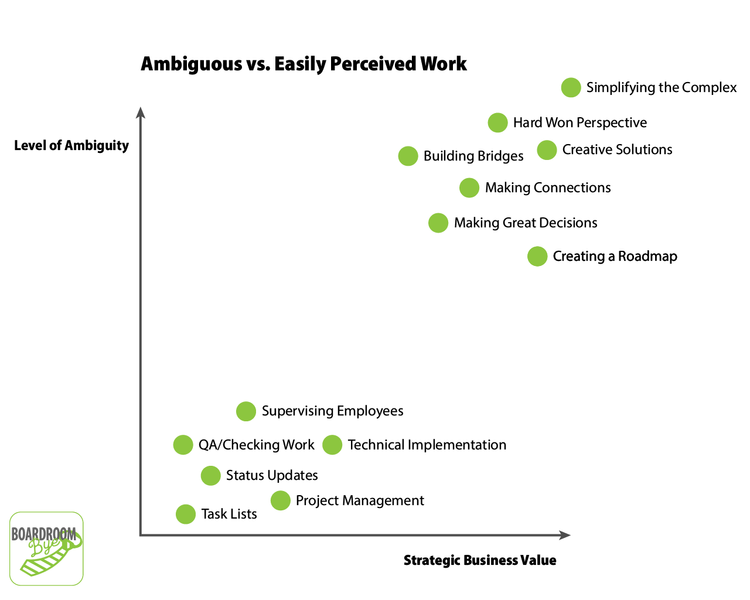My First Side Hustle– And why I Didn't Get Paid For It

I have to go back at least 10 years to tell you the story of my first side hustle. This experience, though extremely "unofficial" and ad-hoc, taught me some of my first lessons in mid-career self-employment. Perhaps some of these lessons will help you as you begin this journey.
I was just getting back into personal fitness when I took on this first side project. The gym I belonged to was a local small business branching out into the prepared healthy meal space, and they needed a website to sell and fulfill those meals.
Something at the time, perhaps a mix of entrepreneurial gusto, curiosity, and people-pleasing, motivated me to ask the business owners if they needed help building that website. At that time I had no established business at all and was working full time as an executive.
We quickly executed a light handshake deal in exchange for a few months of gym membership fees and the project was off and running.
The client's food business was in its infancy. They were taking orders via email and fulfilling them with a pen-and-paper process. Food was still being prepared at their actual home kitchen. Payment was coming in via checks. Every step of their process, from order to cash, was manual.
My first mistake was not truly understanding the "value" of this project to the client. So...
Lesson 1: Understand the Value of the Project
In the case of a website, it's never just a website. In the case of a business evaluation or assessment, it's never just a report. The work you do and the value you bring to a seemingly simple project can change that client's business forever.
In my case, that website went on to ring up over $1MM in sales over the next 10 years. It automated the entire order fulfillment process, from knowing what food to order to actually helping create labels for each of the items. It took payments, taxes, and reported on revenue. It was the backbone of the entire business operation.
Well, that seems like a super valuable project. Why didn't I charge more? Well, that gets us into...
Lesson 2: Pre-Empt Resistance to Charging More, or Charging at All for that First Project
I know damn well why I didn't want to "really" charge for that project. It's easy to think that it's because of something surface-level, like "you just don't know how to ask for money" (which is a thing). But, it wasn't that simple. Digging a little deeper, I didn't want to be held accountable for the project. I didn't have to really commit to it. Plain and simple. Somewhere in the back of my mind I would always be able to escape or have an out as long as I didn't really charge for it. That's no good for either side.
My identity was still wrapped up in being an executive, not a web developer. I felt kinda "above" that type of work (we'll talk about that a lot in the future). The mindset was that as long as I didn't charge for it, I couldn't really be held to any standard or timeframe for the project.
After all, it was just a favor. Helping out a small business pro-bono, basically.
That's certainly not the worst thing in the world, except...
Lesson 3: What About When That Client Needs You to Support That Work in the Future?
I was totally blindsided by the long term implications of that first side job. When that website had a technical issue (which was rare, but happened), that client was dead in the water. Sometimes certain orders got messed up or their customers were stuck in the ordering process. I remember having strong resistance to raising my hand for that urgent, break/fix work, but what was the alternative? Throw them to the wolves? Have some other, more established consultancy support them?
Same could happen with any system implementation, roadmap, reporting, or any other work you might do for your first couple side hustles.
If I didn't charge much, if anything, for the entire implementation, what would I charge for break/fix? How available would I make myself? What boundaries would I establish? What precedent would I set? Would the relationship turn "official" all of a sudden with paperwork and payments?
Yeeesh, it was tough in the years following that initial project to figure that all out and strike the correct balance.
Lesson 4: Any Small Job Can Turn Into a Bigger Opportunity Down the Line
So, yes– the original job was basically free. Yes, ongoing support was nearly free or very low cost/high value. But, the real payoff was longer-term, and that is the final lesson of this post. We weave a valuable web with every job we take on.
Recently, that site needed to be rebuilt completely. The business had grown and was expanding into meal delivery, partnerships, and other services. I threw my hat in the ring for that job, but FULLY committed to the outcome this time.
I delivered on time, on budget, like a professional. I charged like a professional. This second go-around became one if my first "official" paying consultant side gigs.
And, the benefit did not end there. This second gig was priced right and handled with the correct level of commitment, but I also made a few new business connections that will serve me for the rest of my life. The company had taken on outside investment and guidance, and that relationship has already led to multiple potential opportunities totally unrelated to this first gig.
So, as you dip your own toes into the waters of self-employment, hopefully this post will give you some food for thought. Our tendency as full-time executives is always going to keep inital side hustle commitments at arms length, but that's not serving our own growth nor our clients.
You'll find your ego butting in during this entire first job and you'll learn a ton about yourself in the process. At least after reading this you'll have a few less surprises!
-Joel





